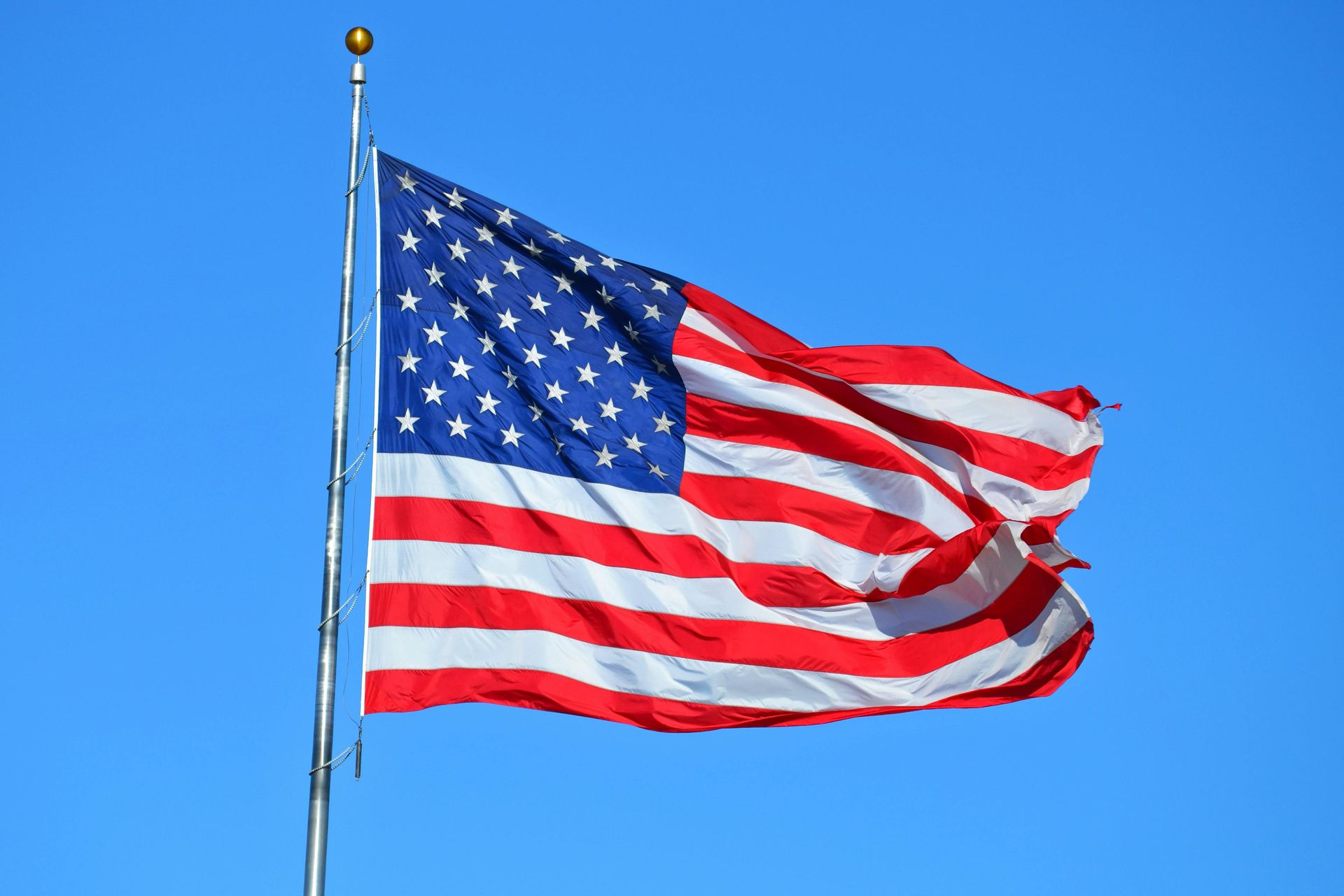This is a term that some of you may have heard and we suspect over the next few years many more will hear. So what does it mean and why do countries do it? Currency wars, also known as competitive devaluation, is a condition where countries compete against each other to achieve a relatively lower exchange rate for their own currency.
If you are trying to increase export growth (which many countries are), lowering your exchange rate will give you a competitive advantage, as your exports become cheaper and your imports more expensive.
Problem is, if everyone does it, it’s a zero sum game.
Drugs in sport is probably the best metaphor to explain this. If one person cheats and gets away with it, the benefits to that person will be immense. However if all competitors realise this and they all start cheating gaining a competitive advantage will require you to take greater doses and potentially even more harmful drugs. This goes back and forth and the result is a game with only cheats and ironically on a level playing field. So they are back to square 1, but with very serious health consequences to deal with.
It is not surprising then that going down this path should be avoided. However clearly, just like in sport, it would be naïve to think no one is cheating.
There are typically three main tools for manipulating currency – interest rates, rhetoric and direct intervention. It’s interesting to note that Australia has the most overvalued currency and we are almost the least active in intervening. This is having an unwanted dampening effect on our economy.
Warwick McKibben, former Reserve Bank of Australia (RBA) board member, has been one of the more outspoken people on this issue and he believes that the central bank should intervene in currency markets to limit the strength of the dollar, suggesting that ‘safe haven’ demand from foreign central banks is artificially driving it higher even as commodity export prices fall.
Any intervention by the RBA to bring down the value of the currency would be the first since 1992. Apart from regular foreign exchange transactions to cover government positions, the most recent intervention to hold up the Australian dollar was during the global financial crisis in 2008.
Although McKibben is influential, it is probably more relevant to know what the current RBA governor Glenn Stevens thinks. Late in February this year he was asked by the House of Representatives Standing Committee on Economics about the dollar. In simple terms Glenn does not support a policy of intervention unless there is a compelling reason to do so.
- We have summarised some of the main points he made in relation to the dollar’s current position and intervention more generally.
- Based on the RBA’s empirical work, the dollar is only somewhat overvalued.
- Whilst the RBA is surprised it hasn’t come down further, history shows any dramatic overvaluation will be pretty quickly corrected by market forces.
- When a strong market correction occurs they believe public debate would quickly swing from fretting about the higher dollar to fretting about a falling one. (This would turn intervention into a political issue).
- On intervening in currency markets Glenn commented “you would need to be pretty confident that it is seriously overvalued or that the market is behaving in some quite irrational way before you would launch on large-scale intervention.” Based on their actions, it is clear they do not believe the markets are acting that irrationally.
- They recognise the pressure that exists to trade-exposed sectors and whilst they cannot make this pain go away, these factors are considered in a macroeconomic sense in forming interest rate policy.
To flesh out this last point – economic growth on balance is weaker as a result of our high dollar. This has resulted in lower interest rates than would otherwise be expected with a dollar closer to fair value.
In summary it appears that the RBA is reluctant to intervene at this stage; however it appears that they are not adverse to the idea if it was deemed necessary. We think this decision is sensible. The problem with intervention is that it gets turned into a political football and once you’ve intervened once, you have set a precedent. Given the differing views on what “fair value” of the currency should be, these decisions are probably best left to the market in all but the most extreme circumstances.
It is important to mention that given the number of countries trying to seek advantage from devaluing their currency this is an area where constant vigilance is required.











